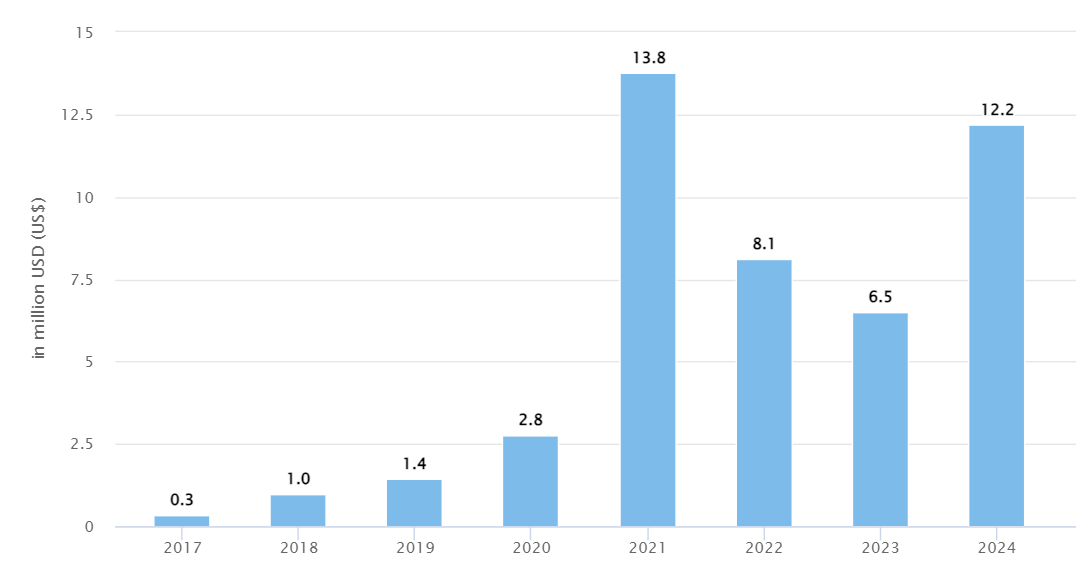[ad_1]
The Jordanian Council of Ministers has adopted a major Blockchain Technology Policy for 2025. The law aims to increase public confidence in government performance by promoting economic modernization, strengthening data security and expanded transparency.
The government wants to accelerate blockchain adoption in the country to improve operational efficiency while protecting citizens’ privacy.
Strong Focus on Transparency and Security
According to Notification Latest, the government wants to implement blockchain in managing public administrative activities. The goal is to increase public confidence in government operations and reduce time and costs in public administrative transactions.
The new policy will also support blockchain startups, build capacity and develop professional skills in the industry. This is part of Jordan’s broader digital transformation initiative for 2025, prioritizing the safety and privacy of citizen data amid growing global demand for digital protection.
By leveraging blockchain’s real-time transaction verification and automation capabilities, the government aims to simplify administrative procedures. This helps reduce operating costs and improve public service efficiency, benefiting both businesses and residents.
The initiative fits into Jordan’s broader economic modernization plan. Improving public service efficiency will contribute to a more competitive economy and create positive spillover effects across different sectors.
Besides, the new blockchain policy is expected to improve the country’s public services and infrastructure, while attracting foreign investment, contributing to Jordan’s economic diversification and establishing the country. as a competitor in the global digital economy.
Furthermore, this is not the first time the country has looked to blockchain to solve national challenges. In 2022, the country’s citizens increased cryptocurrency trading and investments to address the severe unemployment crisis.

Wider Trends in the Middle East
The implementation of blockchain technology in Jordan’s government processes reflects a broader trend in the Middle East.
This morning, Syria’s transitional government announced that it is considering a proposal to legalize Bitcoin and digitize the Syrian pound. The move could be a strategy to stabilize the country’s economy—currently disproportionately affected by the ongoing conflict—and attract international investment.
“The central bank will oversee this process, ensuring a secure and transparent framework,” the Syrian Center for Economic Research (SCER) stated.
In October, the Dubai Financial Services Authority (DFSA) granted in-principle approval for Ripple to expand its operations at the Dubai International Financial Center (DIFC). This approval allows Ripple to provide a full range of end-to-end payment services within the United Arab Emirates.
Following on from this, the TON Foundation registered with the Abu Dhabi Global Market (ADGM) in October 2, leveraging the regulatory framework for distributed ledger technologies (DLT) to establish a legal foundation with structure for its operations and governance.
General Bitcoin News
[ad_2]

